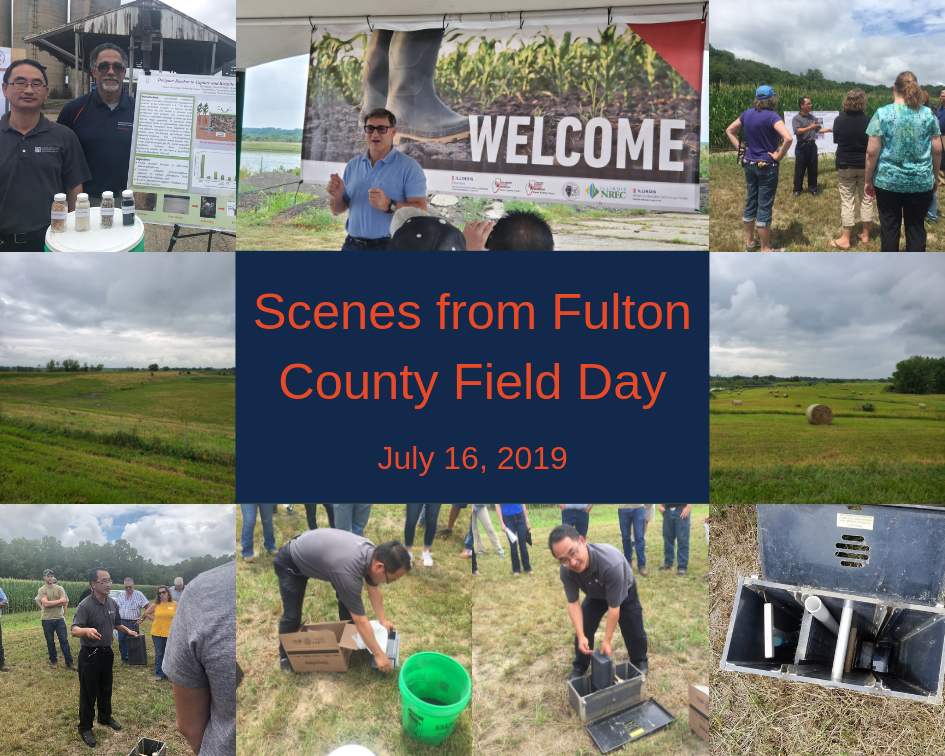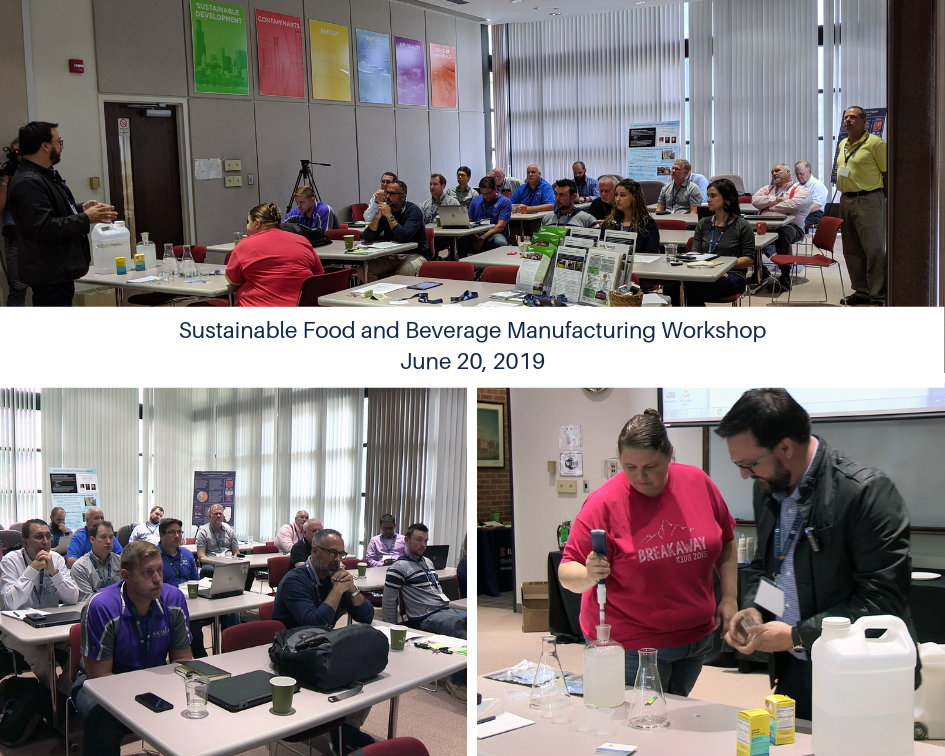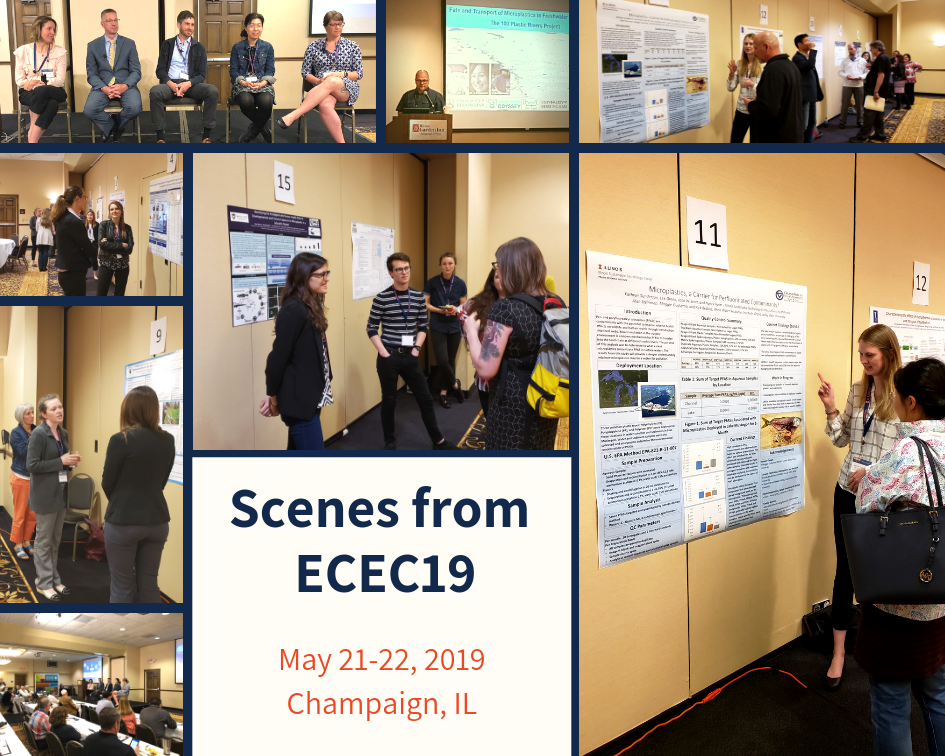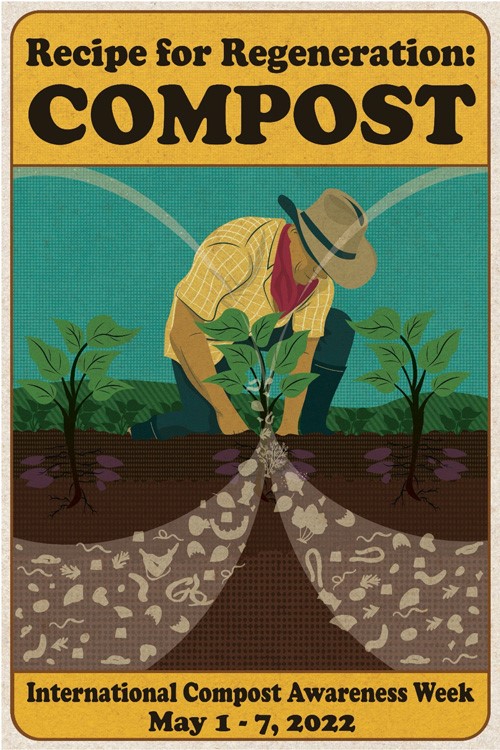
Did you know that the first full week of May is celebrated annually in the US and other countries as International Compost Awareness Week (ICAW)? Composting is a way of recycling organic materials (e.g. grass clippings and other yard waste, as well as food scraps) to create a nutrient-rich soil amendment. Things that have grown break down and support the health of soil and thus new growth–that’s the idea behind the theme of this year’s ICAW: Recipe for Regeneration: Compost.
May 1-7, 2022 has also been declared Compost Awareness Week in Illinois, thanks to the recent adoption of SR0706 by the 102nd Illinois General Assembly. See https://www.ilga.gov/legislation/BillStatus.asp?DocTypeID=SR&DocNum=706&GAID=16&SessionID=110&LegID=137663 for the full text of the resolution and related information.
The Illinois Food Scrap Coalition (IFSC), a not-for-profit organization that advances diversion and composting of organics in Illinois through advocacy, program implementation, market and business development, policy, and outreach, has lined up a variety of events to celebrate ICAW. The following are highlights of IFSC’s ICAW events, beginning Sunday, May 1 at 9 AM:
Sunday, May 1, 9 – 11 AM, The Mike Nowak Radio Show – Learn how composting and using finished compost regenerate Illinois soil to grow nutritious food with friends from the Solid Waste Agency of Lake County and the Vernon Hills Park District’s Community Garden.
Sundays, May 1 and 8, 1 – 4 PM, Wednesday, May 4, 5 – 7 PM, Collective Resource Compost Gift-Back – Pay just $5 per 5 gallons of finished compost at The Talking Farm in Skokie. Separate registration requested.
Monday, May 2, 12 PM, IFSC’s kick-off program (virual event) – “What’s cookin’ with IFSC, the US Composting Council (USCC) and ICAW.” Details here.
Monday, May 2, 12:30 – 1:30 PM, Vermont Organics Recycling Summit – Join IFSC at the Vermont Organics Recycling Summit and listen to Keynote Speaker Finian Makepeace of the Kiss the Ground Project. Separate registration required.
Tuesday, May 3, 7 PM, Illinois Farmer Expert Panel (virtual event) – Hear farmers describe their farm, crops, operations, and compost use. Details here.
Thursday, May 5, 7 PM, On-Farm Tours (virtual event) – Learn the benefits of regenerative agriculture and composting via prerecorded farm tours. Details here.
To learn more about the benefits of composting, see https://illinoiscomposts.org/why-compost/. To learn how to start composting, see https://illinoiscomposts.org/start-composting/.


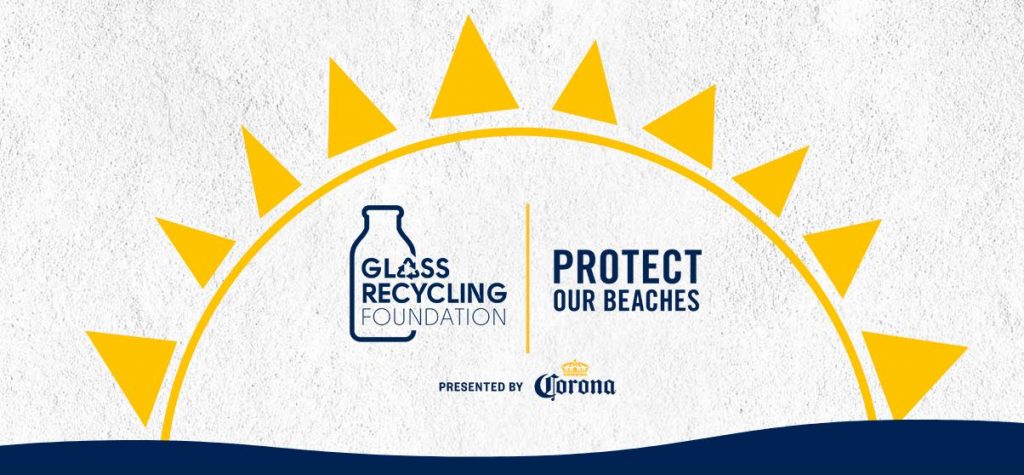
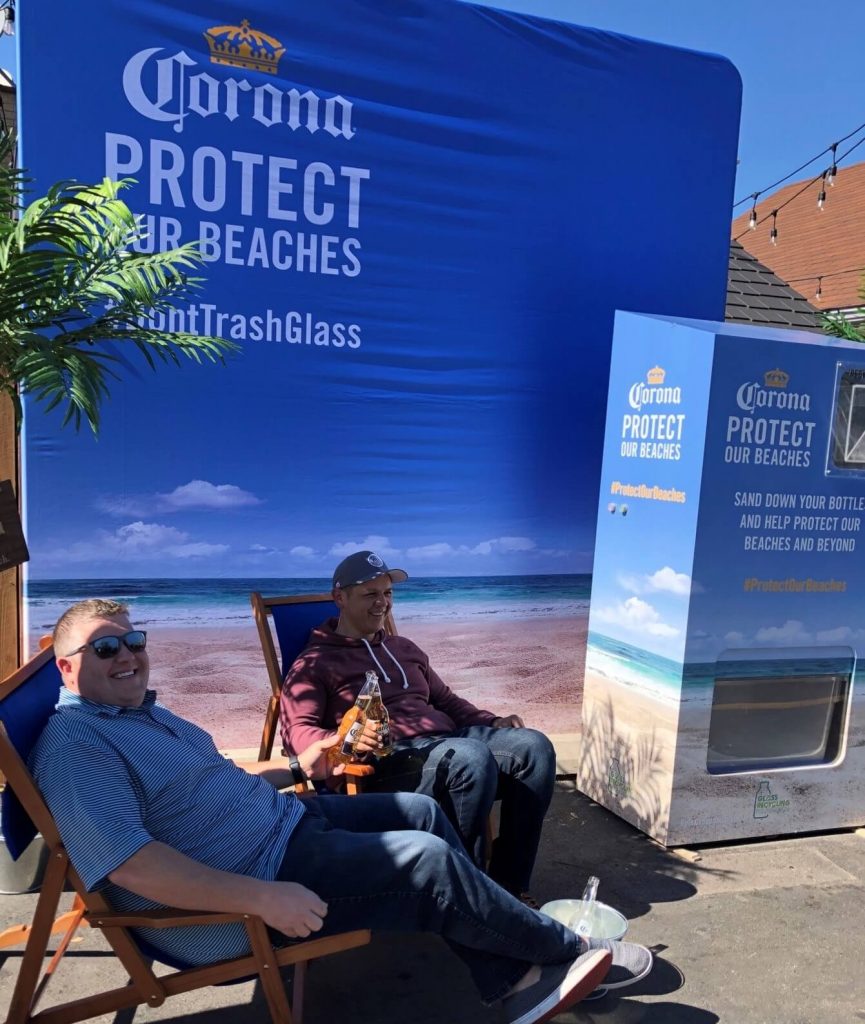
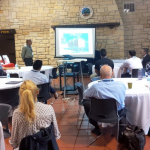 On October 3, participants from seven different food manufacturing companies gathered at Thatcher Woods Pavilion in River Forest to learn how to take sustainability to the next level at a workshop sponsored by ISTC’s Technical Assistance Program, the Forest Preserves of Cook County, ComEd, Peoples Gas, and North Shore Gas.
On October 3, participants from seven different food manufacturing companies gathered at Thatcher Woods Pavilion in River Forest to learn how to take sustainability to the next level at a workshop sponsored by ISTC’s Technical Assistance Program, the Forest Preserves of Cook County, ComEd, Peoples Gas, and North Shore Gas.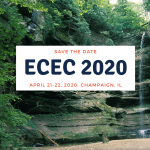 The
The 